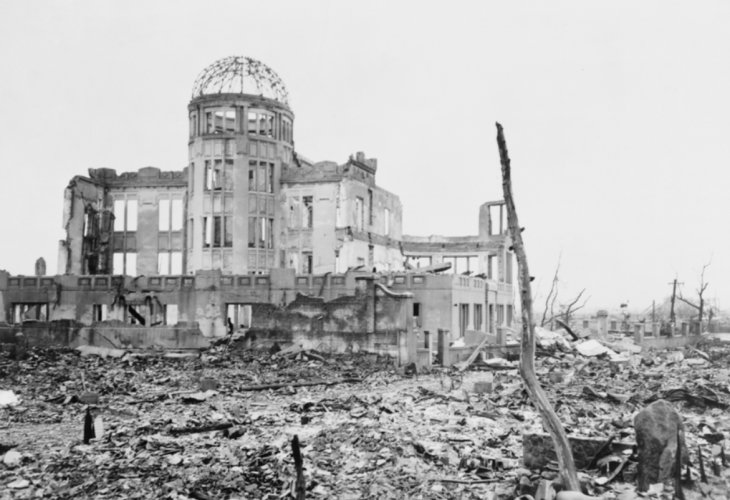Today in History: The Atomic Bomb Dropped on Hiroshima
On this day, 74 years ago, the U.S. dropped the first atomic bomb on Hiroshima, Japan.
 (Photo: Shutterstock)
(Photo: Shutterstock)During World War II, scientists Albert Einstein and Leo Szilard sent a letter to then-President Franklin Delano Roosevelt of the United States, warning him about Nazi Germany's attempts to develop an atomic bomb. There was significant concern that Nazi scientists, who had made great advances in nuclear fission, might succeed in developing such a bomb, which could lead to their victory in the war.
As a result, the "Manhattan Project" was initiated, enabling scientists in the United States to develop an atomic bomb that actually worked.
In parallel with events in Europe, Japan was also waging war against the United States and other Asian countries. The number of casualties in the war continued to rise, and eventually, the U.S. decided to take extreme measures in order to bring about Japan's surrender: the dropping of an atomic bomb.
On August 6, 1945, known in the Jewish calendar as 27 Av, the U.S. dropped an atomic bomb called "Little Boy" on the city of Hiroshima, Japan. The results were catastrophic: between 90,000-146,000 people were killed in the bombing, most on the same day, and some later, due to burns or severe radiation effects.
Three days later, the U.S. dropped another atomic bomb in Japan, this time on Nagasaki. Here too, the victims were many – between 39,000 to 80,000 fatalities.
The dropping of the bombs had its intended effect, and Japan announced its unconditional surrender six days after the second atomic bomb attack. This essentially brought World War II to a complete end.

